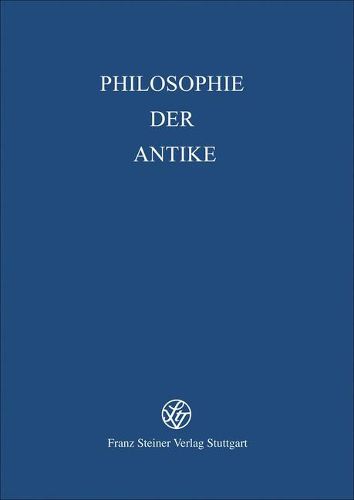Readings Newsletter
Become a Readings Member to make your shopping experience even easier.
Sign in or sign up for free!
You’re not far away from qualifying for FREE standard shipping within Australia
You’ve qualified for FREE standard shipping within Australia
The cart is loading…






The volume collects the contributions to an international conference held at the University of Frankfurt on the relationship between epistemic practices (culture of knowledge) and the concept of knowledge (ideal of knowledge) in Plato. For Plato, both aspects of knowledge were not only of equal importance, he was also well aware of their interdependence, taking into account that no philosopher has yet reached the epistemic level of knowledge. His acknowledgement of this interdependence is, as the papers of this volume show, further counter-evidence against the traditional reading that attributes to Plato a two-worlds-view which tries to keep ordinary belief and philosophical knowledge ontologically distinct. The contributions include essays from both ancient philosophers and ancient historians. Topics of the essays are e.g. the conception of education in the Republic , the epistemic ascent in the Symposion , the knowledge of knowledge in the Charmides , the role of perception in the Theaetetus and the sophistic environment of Plato.
$9.00 standard shipping within Australia
FREE standard shipping within Australia for orders over $100.00
Express & International shipping calculated at checkout
The volume collects the contributions to an international conference held at the University of Frankfurt on the relationship between epistemic practices (culture of knowledge) and the concept of knowledge (ideal of knowledge) in Plato. For Plato, both aspects of knowledge were not only of equal importance, he was also well aware of their interdependence, taking into account that no philosopher has yet reached the epistemic level of knowledge. His acknowledgement of this interdependence is, as the papers of this volume show, further counter-evidence against the traditional reading that attributes to Plato a two-worlds-view which tries to keep ordinary belief and philosophical knowledge ontologically distinct. The contributions include essays from both ancient philosophers and ancient historians. Topics of the essays are e.g. the conception of education in the Republic , the epistemic ascent in the Symposion , the knowledge of knowledge in the Charmides , the role of perception in the Theaetetus and the sophistic environment of Plato.